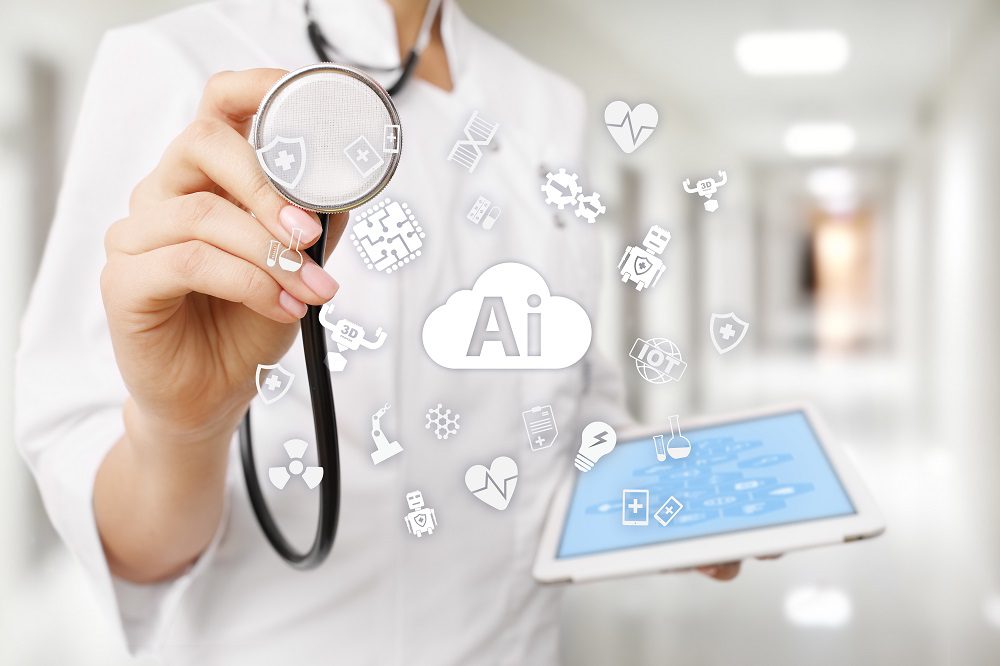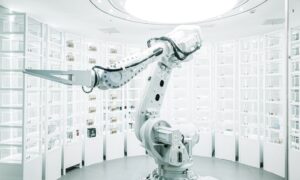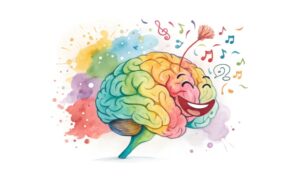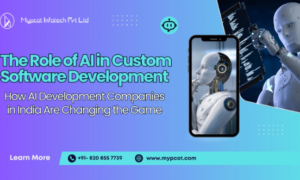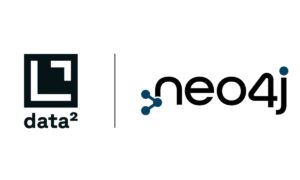Technological advances over the decades have made major disruptions across multiple industries. From transportation, communication, and business, technology has changed the way humans and societies function. The medical world has also seen staggering progress, but now it’s on the edge of even bigger developments.
Doctors and paramedics use electronic health records (EHRs) and electronic medical records (EMRs) as the primary sources of data on patients. EHRs and EMRs provide information on the patient’s symptoms, medical history, and other unique details on an individual’s health. However, EHR systems are complicated to use, costly to configure, and consume a lot of time for paramedical staff.
Dr. Michael Basco, an obstetrician-gynecologist and pharmaceutical professional from Dallas, Texas, says that incorporating artificial intelligence into EHRs and EMRs will massively impact how the medical industry operates. Since EHRs contain a myriad of structured and unstructured data, Dr. Basco says that artificial intelligence integration will be an efficient engine for paramedical professionals for information sorting and analysis.
Below, Dr. Michael Basco explores the benefits of artificial intelligence applications in health and medical records:
Automate Processes
According to Dr. Basco, clinical documentation tasks can cause burnout among users of the traditional EHR systems. With the manual process of encoding being tedious as it is, it’s easy to get entangled in a mass of information that needs to be extracted and analyzed. Furthermore, data can be in different formats and structures, and records can be incomplete as well. As such, it’s more challenging for medical personnel to accurately infer predictions, calculate risks, and make clinical decisions in a timely manner.
Artificial intelligence provides potential solutions to these problems. With intuitive interfaces, AI-powered machines can automate processes that are otherwise time-consuming. Paramedical staff can use voice commands, video recording, and photos to capture essential information which are then automatically encoded into the system. Routine requests such as result notifications and medication refills can also be automated. More significantly, artificial intelligence can promptly alert users on tasks that need human attention.
With this application of AI, Dr. Michael Basco says that time spent on typing and analyzing data will be considerably reduced, thus increasing the time spent on caring for patients.
Early Detection and Proactive Treatment Measures
Since artificially intelligent devices can independently evaluate information, they can also predict patterns from seemingly unconnected raw data. The goal of medical practitioners is to get ahead of potentially chronic diseases and administer treatment early on. Artificial intelligence supports this by detecting patterns, which immediately informs users of possible risks before they become uncontrollable.
Take antibiotic resistance for example. Overuse of antibiotics lead to microorganisms in the body withstanding the effects of antibiotics. This is one of the biggest health challenges in the world, infecting over 2 million people and taking the lives of 23,000 people in the U.S. With AI, EHR data can help identify infection patterns among patients and recognize those who are at risk even before symptoms emerge. As such, infection is prevented and the patient’s data is utilized intelligently.
Similarly, Dr. Michael Basco highlights the advantage of using AI in pathology. Majority of data in EHR are from pathology results, since pathology studies diseases through the examination of biopsy samples. Doctors and paramedical professionals diagnose and form vital decisions based on these results. With AI processing data from digital images and slides, doctors can get to the right diagnosis quicker, therefore immediately administering treatment to the patient. Furthermore, AI can point out areas of interests in the test, telling paramedics where to look and making the diagnosis process even faster. This can be especially helpful since the human eye can miss a few details.
Artificial intelligence is currently capable of detecting early signs of stroke, heart attack, seizures, and sepsis. With this early detection, doctors can implement proactive interventions right away, instead of reacting to the condition once it’s already happening.
Furthermore, using AI in EHRs and EMRs are cost-effective for patients who can’t afford additional tests. AI can form connections between outwardly unrelated information from previous tests, making it possible for a few medical examinations to be enough for a correct doctor’s diagnosis.
Allows Increased Accessibility Through Patient-Provided Information
The world now has access to portable AI-powered devices: smartphones. Smartphones are equipped with sensors that can collect data through applications such as step trackers and heartbeat trackers. According to Dr. Basco, there is a high possibility that smartphones will be a powerful tool in the medical field. Because people bring their smartphones practically anywhere, patients can provide data on the go. Sending this information automatically to EHRs provides a unique perspective on individual health, paving the way for more personalized treatments and improved patient-centered care.
Aside from sensors, providing photos can also help analyze symptoms and monitor conditions. Smartphone cameras increase in quality yearly, making images viable for analysis by artificial intelligence algorithms. Dr. Michael Basco cites an example in the field of dermatology: when patients take photos of skin lesions and wounds, this helps dermatologists diagnose the skin condition and prescribe the necessary medication. This is especially helpful in areas where there is a shortage of medical experts.
Amplified medical reach to developing countries
Using artificial intelligence in the medical industry will provide people in developing nations increased access to medical services. Paramedical staff in low-source areas can use AI-powered machines or devices to perform tests which may otherwise call for a trained diagnostic expert on site. Similarly, artificial intelligence can process the patient’s records and provide the appropriate treatment options.

